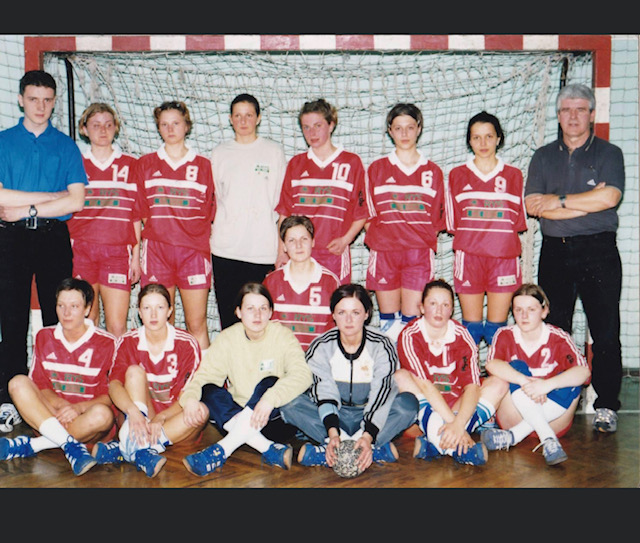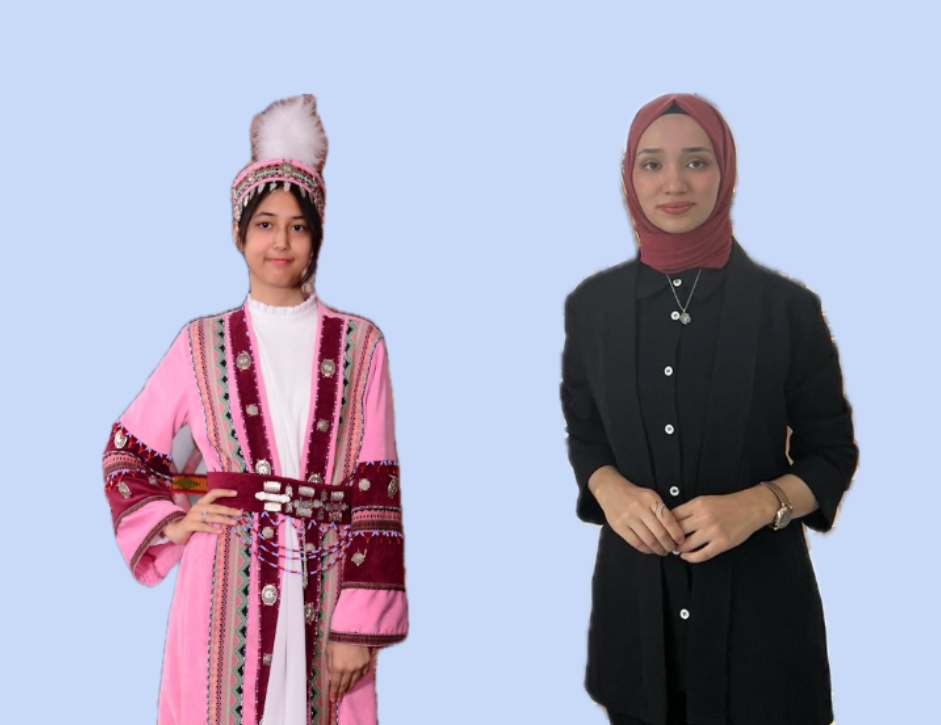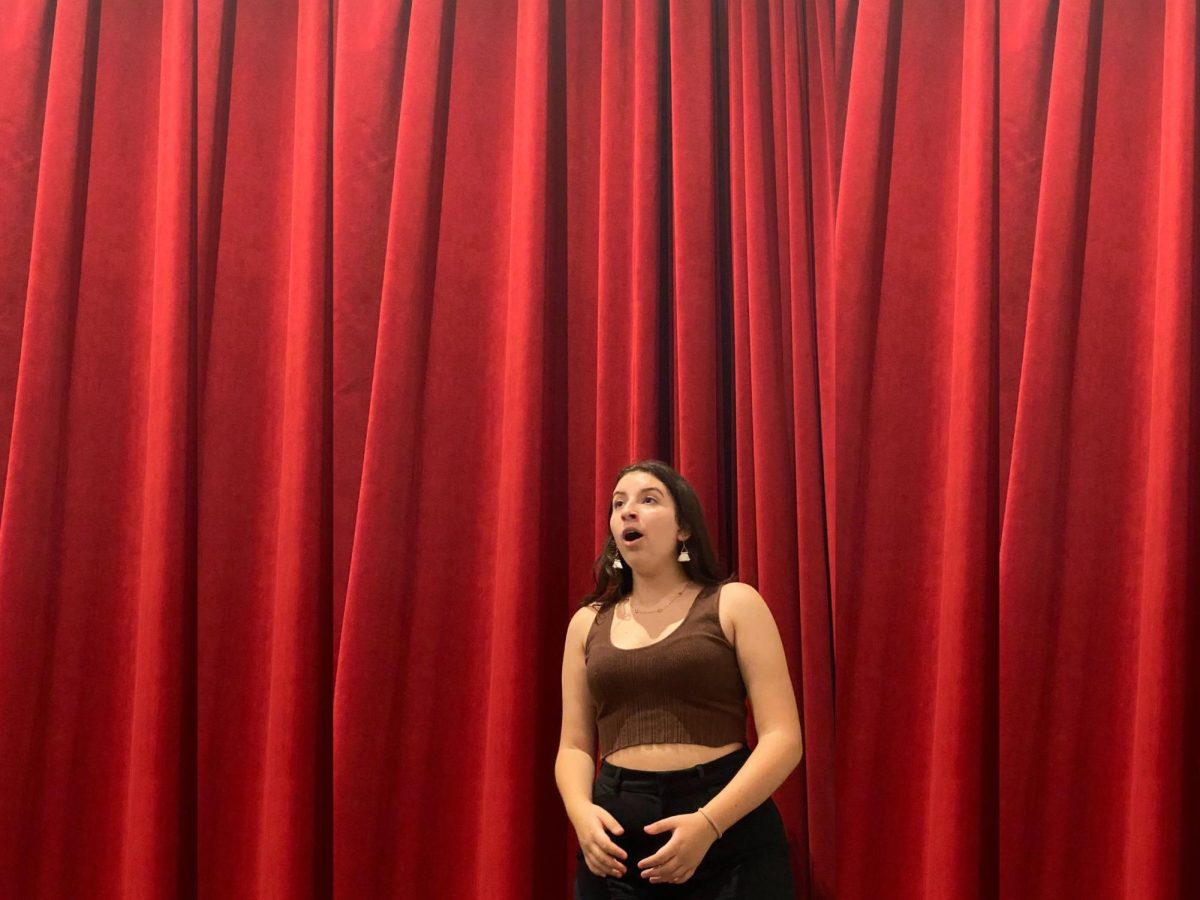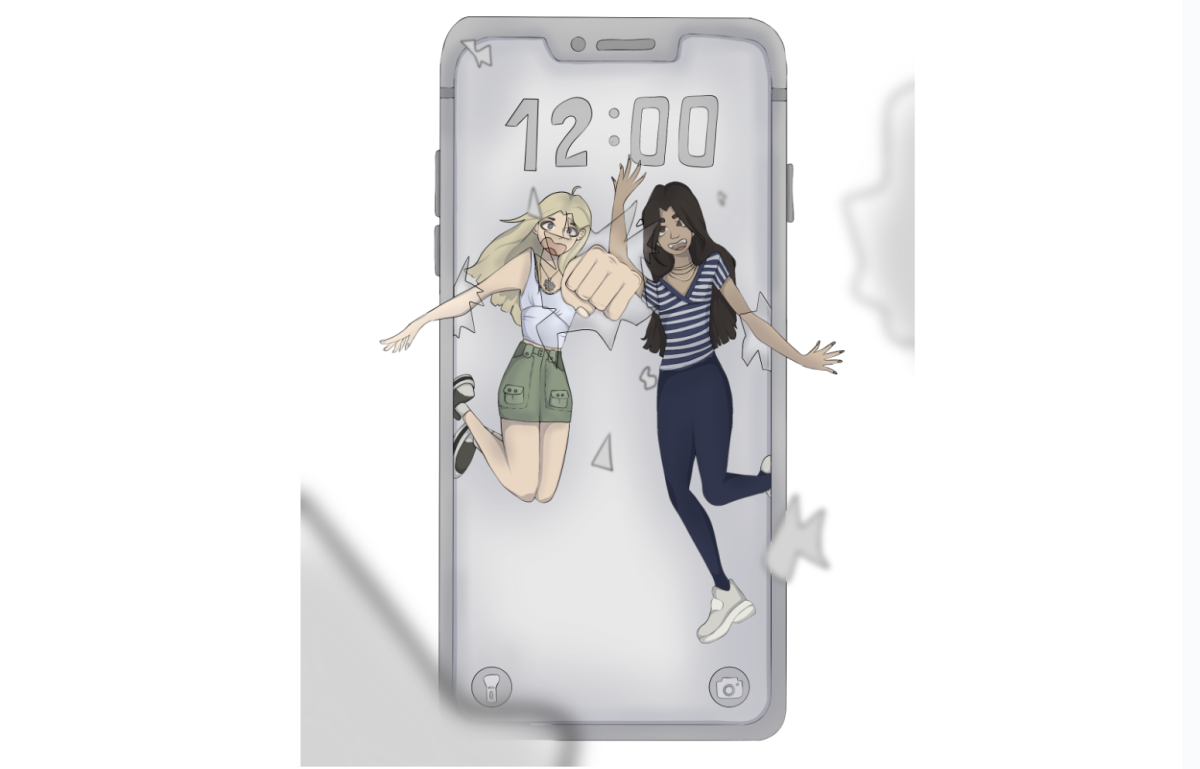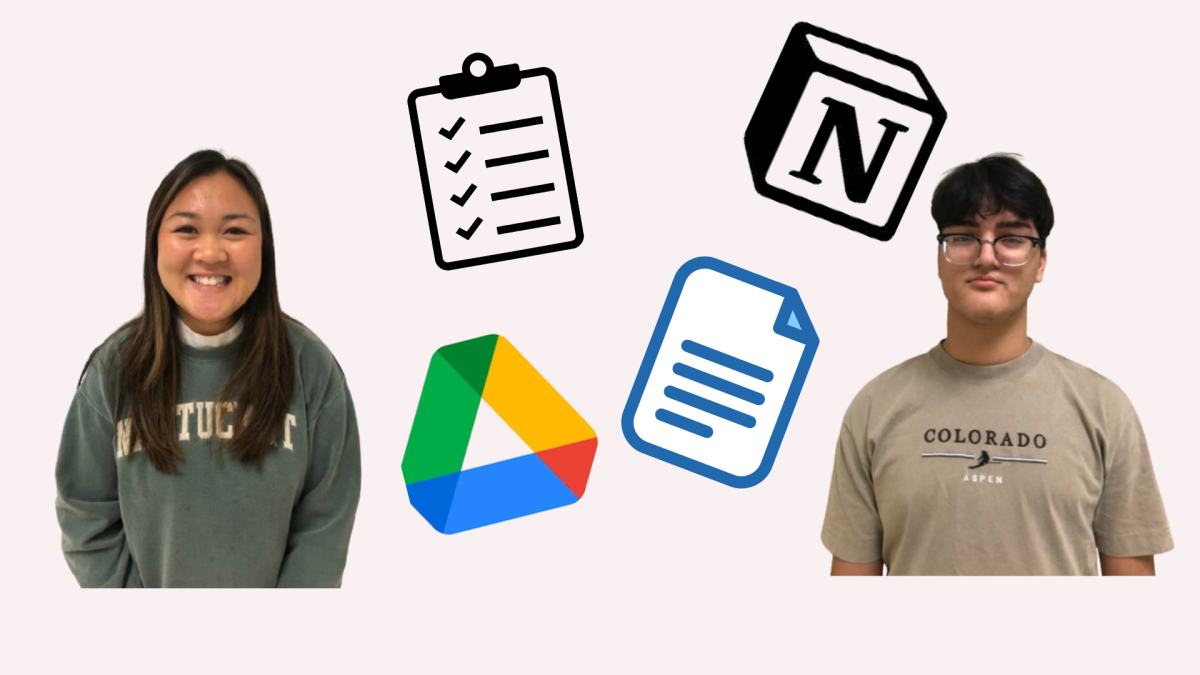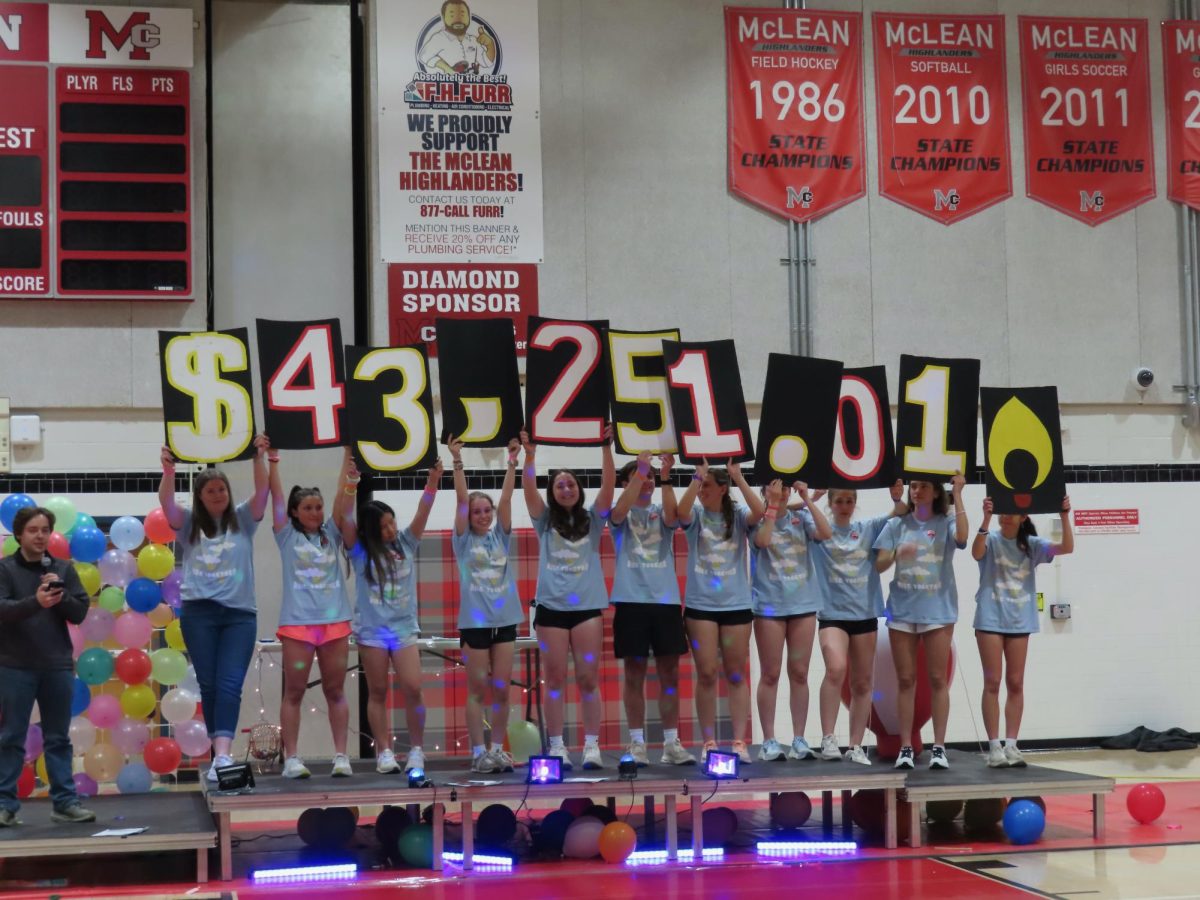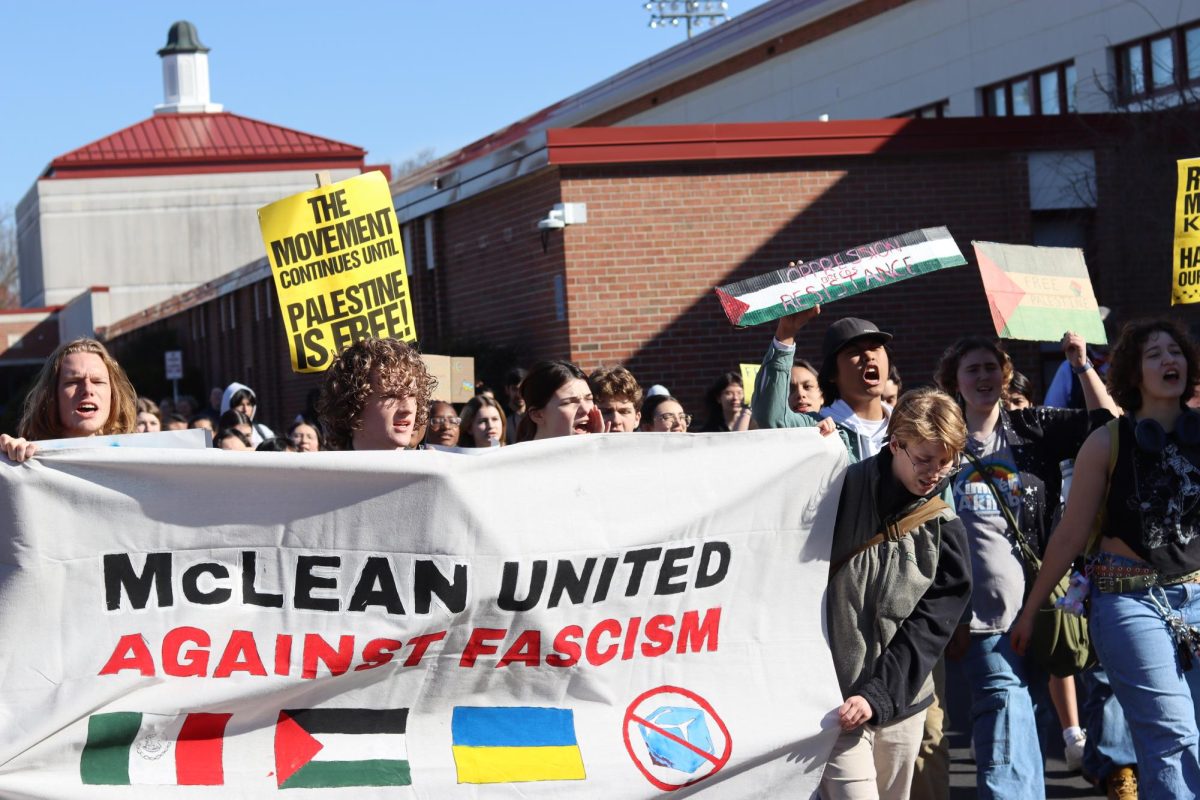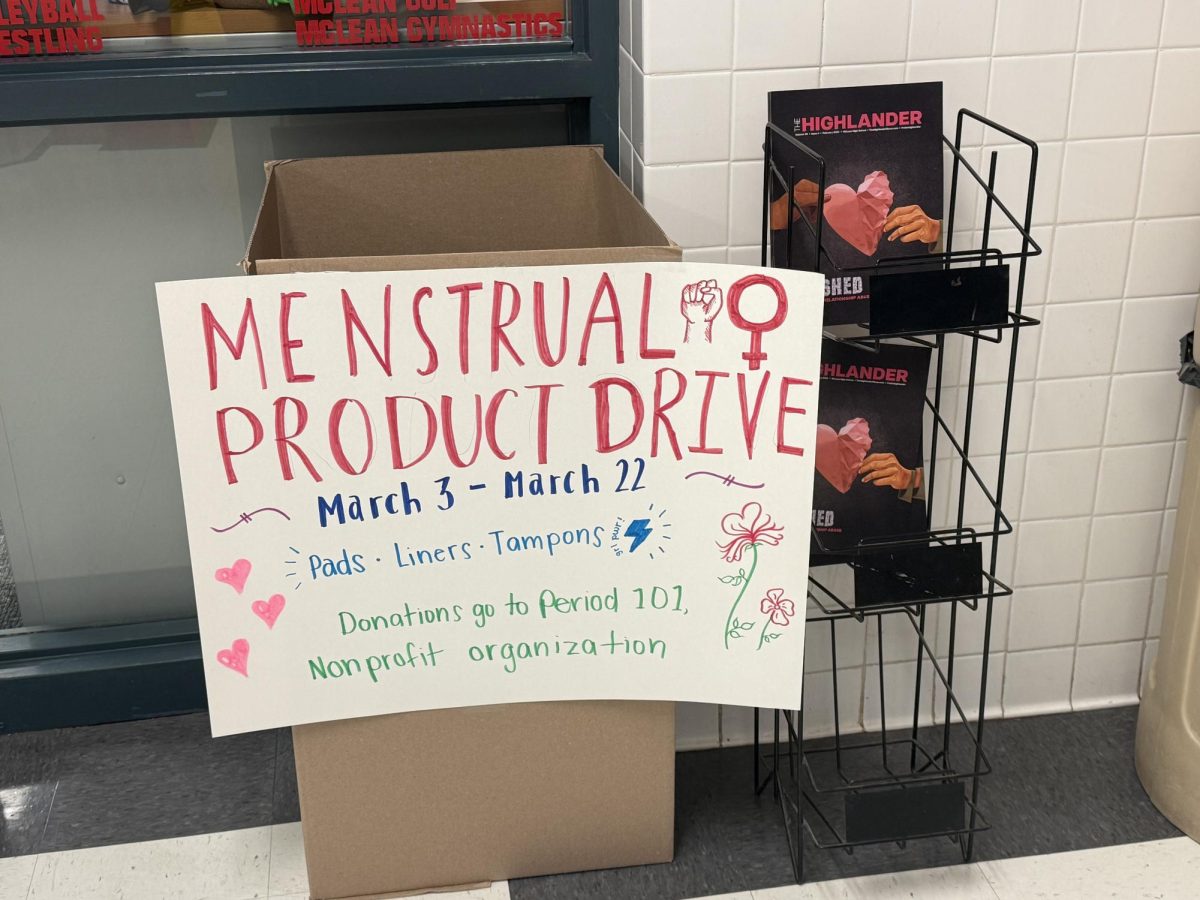Edyta Pochopien walks into the handball court with anticipation, a bit of anxiety, and—most of all—exhilaration. As she approaches her demanding position, surrounded by the other team’s defenders, she turns her focus into the sounds and people that surround her. Pochopien, a new Physical Education (PE) teacher at McLean, was born in a small town near Krakow, Poland, where in second grade she was recruited by a coach to participate in his youth handball team, due to her remarkable hand-eye coordination.
“For the first three years [of playing handball] it was all about, building relationships [and] making new friends,” Pochopien said. “We didn’t compete a lot, but we still were working out and practicing.”
Between fourth and fifth grade, Pochopien joined the Gościbia Sułkowic handball Team, having demonstrated great potential for the game. This new team would teach her the right skills for handball and would travel frequently.
“[The coach] promised to cover all the expenses, because back then Poland was recovering from the communists so my parents didn’t have any money,” Pochopien said. “For the next two to three years, I [practiced] Monday to Friday after school from 4 to 6:30 p.m., and on weekends we had games.”
It was during her time on the Gościbia Sułkowic team that Pochopien’s hard work led to her significant rise as an athlete. The Gościbia Sułkowic team was a persevering team that eventually got added to the Extra League of Handball, which is the 10 best teams in Poland in that sport.
“I had an incredible coach [who] was very [involved with my] culture and education,” Pochopien said. “He was at my school every week checking [that] I kept up with my grades.”
In the Gościbia Sułkowic team, Pochopien kept working with perseverance and discipline along with her coach’s guidance and united team; which team developed more into handball as they acquired more practice and strategies for playing.
“At 14-15 [years old] we went to the National Championship and got first [and] second place,” Pochopien said. “After the final game, I was contacted [by the coach of Poland’s] national handball team and [he] asked me to join it.”
Pochopien was thrilled to join Cracovia, Poland’s national handball team, and signed her first contract at 16 with her parents’ approval. She played for Cracovia for two years, but as she was also playing for various handball age groups and the Handball Extra League, she struggled to juggle all three. Pochopien quit Cracovia and remained in the Extra League until the second year of college, as Cracovia was very competitive and she wasn’t as close with her Gościbia Sułkowic team.
“[Pochopien] was able to get a scholarship [in] college based on her [handball]career, as well as [for her] academics,” said Pochopien’s friend from college, Agnieska Holde.
During college in Poland, Pochopien studied Physical Education, got her master’s degree in Kinesiology (the study of body movements), and was certified as a medical trainer. However, during college when Pochopien was 20 years old, she injured her knee in Denmark at a water park before a Championship Game and ended up twisting her leg ligaments at the game.
“I came back to play [Handball after] three or four months later, once my knee was better,” Pochopien said. “But I wasn’t able to go back to the same level [of Handball] I was at.”
Yet Pochopien was also anticipating taking a break from handball, knowing she wouldn’t make a career of it and wanting to spend more time with her family. After finishing college, she came to the US through an internship at a fitness club, where she met a friend who had graduated from the University of North Carolina.
“[My friend] was playing team handball at [UNC],” Pochopien said. “She [asked] ‘Can you come and help us? Because here in [the] US, we’re not as good as [Europe].’”
Pochopien went to the tournament held by the university and played for UNC’s handball team. Afterward, the coach of the American handball team approached her, recognizing her handball skills from Europe.
“I explained to the [coach] who I was and I told him that I used to play team handball, but I stopped because of [my] knee injury,” Pochopien said. “He [also] asked me if I can come to West Point and help coach U21.”
Pochopien agreed and went to two Championships, one in LA and another in Las Vegas, to help U21. She also played handball with the UNC team, along with her friend a couple of times; nevertheless, after a while, Pochopien decided to put an end to it.
“I went a few more times [to play handball] with UNC and [helped] coach the American team in two national championships,” Pochopien said. “I had to stop [because] Team Handball [in the US] isn’t that big [and] the game isn’t popular here, [so the American team] couldn’t transfer my visa [for them to be my] legal sponsor in the [US].”
Even as the American team was a fun and engaging opportunity, Pochopien focused her work on her fitness club internship, treating handball as a hobby. Years later, Pochopien taught PE and Driver’s Ed in Alexandria for six years.
“[Pochopien taught] in a private high school [in Alexandria] for a while and then she went to Alexandria City High School,” said Pochopien’s husband, Demian McGarry. “[Later on, Pochopien] was looking to make a switch.”
Pochopien then went to an interview at McLean, where she felt very welcomed. While she doesn’t play handball anymore, Pochopien enjoys activities she can do with her daughter. She is also certified as a personal trainer, an archer, and a corrective exercise specialist.
“I like to learn about different ways to correct the posture because nowadays people are so busy and so stuck with long working hours that they develop different muscle imbalances,” Pochopien said.
Additionally, Pochopien wishes to continue helping out her students through Health and PE, as teaching athletes is her passion. She still remains very close with her Gościbia Sułkowic team, as the team and coach are like a family to her.
“I think that the reason why I am the way I am right now is because of [my Gościbia Sułkowic coach,]” Pochopien said. “From the very beginning, he [told] us, ‘It’s not only about the game because the game will stop at some point; it’s about who you want to be.’”


